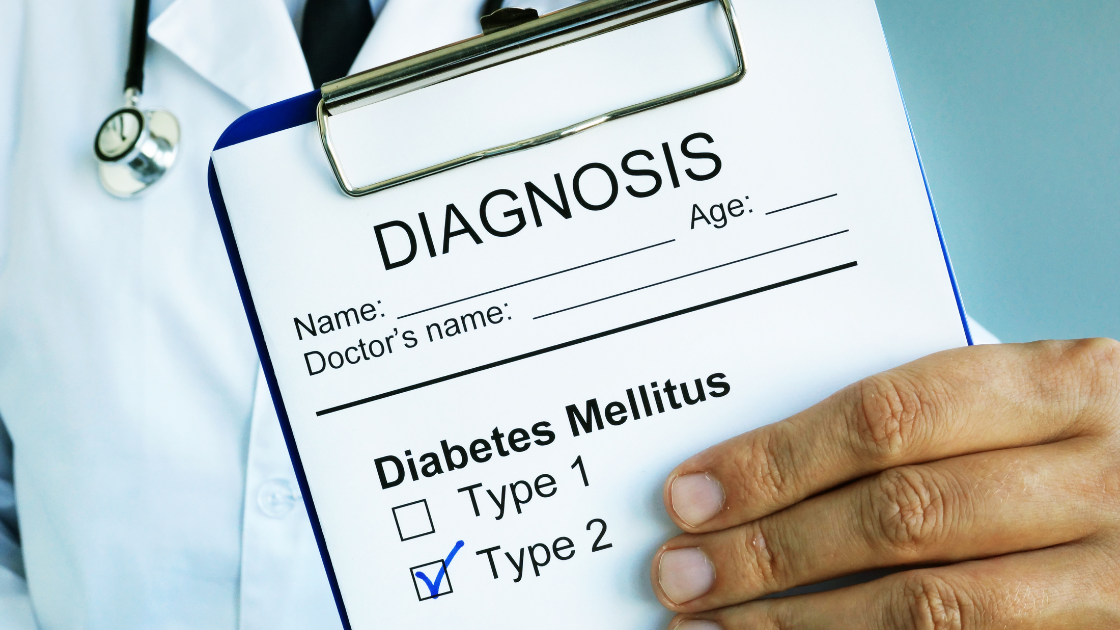Can You Reverse Diabetes? Exploring the Latest Research and Insights

In Singapore’s fast-paced environment, where convenient food choices often overshadow healthy eating habits, diabetes has emerged as a significant health challenge. However, recent research brings hope—diabetes isn’t necessarily a lifelong sentence. Through proper management, lifestyle changes, and regular health screening in Singapore, many individuals are discovering ways to control and potentially reverse their condition.
Understanding Diabetes: Types and Risk Factors
Diabetes comes in several forms, with Type 2 being the most prevalent in Singapore. This metabolic disorder occurs when the body either doesn’t produce enough insulin or becomes resistant to its effects. The primary risk factors include:
- Obesity and excessive weight
- Sedentary lifestyle
- Poor dietary habits
- Family history
- Age (risk increases after 45)
- High blood pressure
- History of gestational diabetes
Understanding these factors is crucial because many are modifiable through lifestyle changes. Regular health screening packages can help identify risk factors early, allowing for preventive measures before diabetes develops.
Latest Research on Diabetes Reversal
Recent scientific studies have shown promising results regarding diabetes reversal, particularly for Type 2 diabetes. Research indicates that significant lifestyle modifications, especially within the first few years of diagnosis, can lead to remission in some cases.
Key findings include:
- Weight loss of 15% or more body weight can lead to remission in some patients
- Early intervention shows better outcomes
- A combination of dietary changes and exercise produces optimal results
- Sustained lifestyle modifications are crucial for long-term success
The Role of Diet in Managing Diabetes
Diet plays a pivotal role in both preventing and managing diabetes. The right nutritional approach can help:
- Stabilize blood sugar levels
- Promote weight loss
- Reduce inflammation
- Improve insulin sensitivity
Recommended dietary approaches include:
- Low-carbohydrate diets
- Mediterranean diet
- Plant-based eating patterns
- Portion control
- Regular meal timing
Exercise and Physical Activity Guidelines
Physical activity is a cornerstone of diabetes management. Regular exercise helps:
- Improve insulin sensitivity
- Lower blood sugar levels
- Maintain healthy weight
- Reduce cardiovascular risk
- Enhance overall well-being
Recommended exercise guidelines include:
- 150 minutes of moderate-intensity aerobic activity weekly
- Resistance training 2-3 times per week
- Daily walking for at least 30 minutes
- Regular stretching and flexibility exercises
Weight Management Strategies
Maintaining a healthy weight is crucial for diabetes management. Research shows that losing just 5-10% of body weight can significantly improve blood sugar control. Effective strategies include:
- Calorie monitoring
- Regular weigh-ins
- Meal planning
- Portion control
- Behavioral therapy
- Support group participation
Lifestyle Modifications for Blood Sugar Control
Beyond diet and exercise, several lifestyle modifications can impact blood sugar control:
- Stress management techniques
- Adequate sleep (7-9 hours nightly)
- Regular blood sugar monitoring
- Medication adherence when prescribed
- Alcohol moderation
Medical Treatments and Interventions
While lifestyle changes are fundamental, medical interventions play a vital role in diabetes management. Modern healthcare facilities offer various treatment options:
- Oral medications
- Insulin therapy
- Bariatric surgery in select cases
- Regular medical monitoring
- Diabetes education programs
Regular Health Screening and Monitoring
Regular health screening is essential for both prevention and management of diabetes. In Singapore, comprehensive health screening packages include:
- Blood glucose testing
- HbA1c measurements
- Kidney function tests
- Cardiovascular assessments
- Eye examinations
To ensure comprehensive assessments, consider booking an executive health screening package in Singapore, which includes a wide range of tests designed to identify risk factors for diabetes early on.
Natural Remedies and Alternative Approaches
While medical treatment is essential, some natural approaches may complement conventional therapy:
- Cinnamon supplements
- Apple cider vinegar
- Berberine
- Magnesium supplementation
- Chromium
Always consult healthcare providers before starting any alternative treatments.
Success Stories and Case Studies
Many individuals have successfully managed or reversed their diabetes through dedicated lifestyle changes. For example:
“After being diagnosed with Type 2 diabetes, I committed to regular health screenings and lifestyle changes. Within six months, my blood sugar levels normalized, and I lost 20kg.” – Singapore resident, age 45
The Future of Diabetes Treatment
The future of diabetes treatment looks promising with developments in:
- Artificial pancreas technology
- Gene therapy
- Smart insulin
- Stem cell research
- Personalized medicine approaches
Expert Tips for Long-term Management
Healthcare professionals recommend:
- Regular health screenings
- Consistent blood sugar monitoring
- Maintaining a food diary
- Building a support network
- Working closely with healthcare providers
For further information on managing your diabetes or getting a tailored health screening, visit HOP Singapore’s health screening services.
Frequently Asked Questions
Can diabetes be completely cured?
While Type 2 diabetes can go into remission, ongoing management is typically necessary to maintain healthy blood sugar levels.
How long does it take to reverse diabetes?
Results vary, but significant improvements can often be seen within 3-6 months of consistent lifestyle changes.
Is diabetes reversal possible for everyone?
Success rates vary depending on factors like duration of diabetes, age, genetics, and commitment to lifestyle changes.
Conclusion
While diabetes presents significant challenges, research shows that it’s not always a permanent condition. Through proper health screening, lifestyle modifications, and dedicated management, many individuals can achieve better control over their blood sugar levels and potentially reverse Type 2 diabetes. The key lies in early detection through regular health screening packages in Singapore, commitment to lifestyle changes, and consistent monitoring of progress.
Disclaimer: This article is for informational purposes only and should not replace professional medical advice. Always consult with healthcare providers for personalized treatment plans.
Sources
- Hop. (Retrieved 2024, November). from https://hop.sg/
- Hop. (Retrieved 2024, November). from https://hop.sg/executive-health-screening/
- Hop. (Retrieved 2024, November). from https://hop.sg/radiology/
- Gov. (Retrieved 2024, November). from https://www.hpb.gov.sg/
- Gov. (Retrieved 2024, November). from https://www.moh.gov.sg/